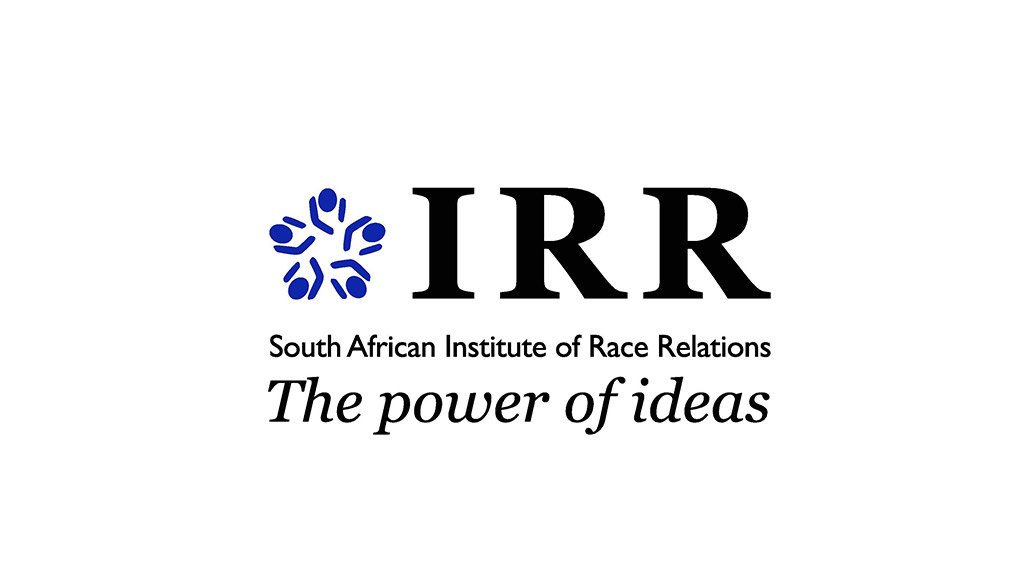The diktat of government officials is now more important in mining than any other economic or business considerations – a clear sign that something is wrong in this key sector.
With the recent publication of the revised Mining Charter and the uncertainty surrounding the Mineral and Petroleum Resources Development Amendment Bill, it may be useful to re-evaluate how we came to find ourselves in this position.
The underlying assumption of the Mining Charter is that the State is the custodian of the minerals beneath South African soil, and, as a result, as provided for in section 100 of the Mineral and Petroleum Resources Development Act (MPRDA), the State can dictate to the industry how it must conduct its affairs so as to effect the “Transformation of [the] minerals industry”. Were this not the case, and the State did not have the authority to unilaterally revoke mining licences and permits, the Charter would likely have been an optional annoyance.
Contrary to what appears to be an orthodox view, there is no constitutional mandate for government to own minerals for itself or as the “custodian” for “the people”. The Supreme Court of Appeal has reasoned that the right to mine is a “gift from the State”. This errant view comes from an ideologised reading of section 25(4) of the Constitution, which says that the “public interest”, for which the State may expropriate private property, includes South Africa’s commitment “to reforms to bring about equitable access to all South Africa’s natural resources”.
On the basis of section 25(4), the Constitutional Court in the 2012 Agri SA case said it must “therefore interpret section 25 with due regard to the gross inequality in relation to wealth and land distribution in” South Africa, and that “by design, the MPRDA is meant to broaden access to business opportunities in the mining industry for all, especially previously disadvantaged people”.
The Constitution, far from enjoining the State or the abstract mass known as “the people” to own anything, is explicit about where it seeks the locus of authority and rights to lie: section 1(a) says that South Africa is founded upon the advancement of human rights and freedoms, and every provision in section 25 that mentions the State mentions it only in the context of expanding and entrenching property rights, not violating it.
For instance, while the Constitution clearly allows government to expropriate property in the public interest to bring about equitable access to natural resources, this does not mean or imply the State must then administer or own those resources. A holistic reading of the Constitution clearly implies that the State must play a supporting role in allowing South Africans to realise their own destinies and conduct their own affairs.
The line of reasoning adopted by the court in Agri SA was arguably inappropriate for a superior court engaged in constitutional interpretation. Firstly, it does not follow (notice the “therefore”) that wealth and land inequality must be borne in mind by the court, especially without expert evidence, when interpreting those provisions of the Constitution. This is the job of qualified economists. Secondly, and most importantly, the intention of the Act (notice the “is meant to”) does not determine its constitutional validity or its supposed beneficial consequences. The courts are required to approach their task of legal adjudication and interpretation from a ‘substance-over-form’ perspective, meaning that that which the Act actually does, instead of that it purports to do, is of greater relevance.
The Act, as we now know 16 years after the MPRDA was passed and six years after Agri SA, did not achieve any of its ostensibly noble objectives of broadening access to opportunities for poor black South Africans. Instead, poor communities have had their land rights denied them in favour of mining companies which coincidentally have politicians sitting on the boards. The 2017 edition of the Fraser Institute’s Economic Freedom of the World report said that mining in South Africa is in decline as a result of no property rights, violent labour disputes, and policy uncertainty. But even this should be irrelevant to a court: A court must determine, based on the provisions of the legislation, whether it complies with the requirements of the Constitution or not. This the court did not do in Agri SA.
Instead, the court reasoned that section 25 of the Constitution imposed an “obligation” to not “over-emphasise private property rights at the expense of the state’s social responsibilities”; something section 25 assuredly does not do.
The quoted remarks above are remarks in passing (obiter dicta) and not binding precedent, but dicta do assist in ascertaining how a court came to its legal conclusions. The Constitutional Court’s numerous dicta in Agri SA illustrate the many economic fallacies and extra-legal considerations that coloured the judges’ interpretation of an obviously unconstitutional law.
With all due respect to the court, the Agri SA judgment had more to do with the political perceptions and ideas of the judges than with the Constitution and the Rule of Law. It was a low point in the Constitutional Court’s jurisprudence, and it might be worth giving that court an opportunity to correct its mistake.
Once this is done, South Africans can start going about the work of reclaiming their status as an international mining powerhouse and, as a result, achieve economic freedom and growth.
Written by Martin van Staden, a legal and policy analyst pursuing a Master of Laws degree at the University of Pretoria. This article was commissioned by the Institute of Race Relations (IRR), a liberal think tank that promotes economic and political freedom.
EMAIL THIS ARTICLE SAVE THIS ARTICLE ARTICLE ENQUIRY
To subscribe email subscriptions@creamermedia.co.za or click here
To advertise email advertising@creamermedia.co.za or click here











